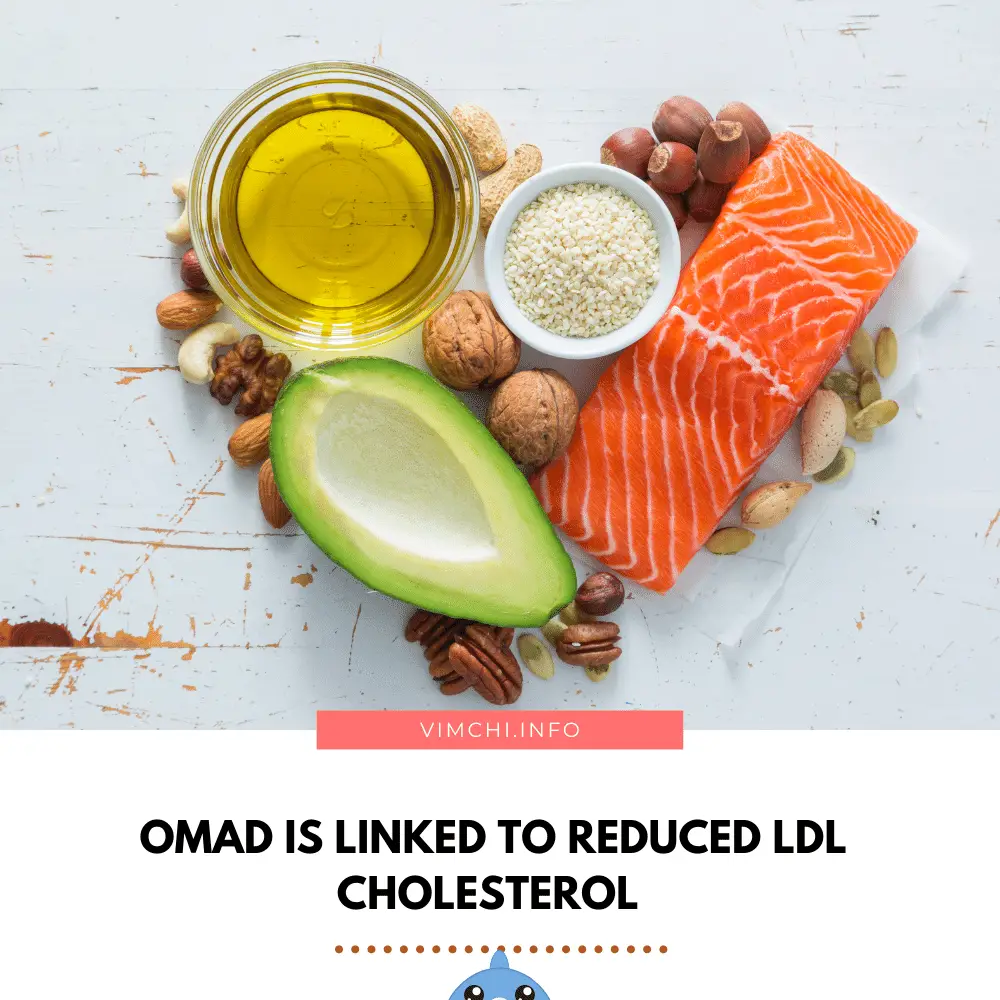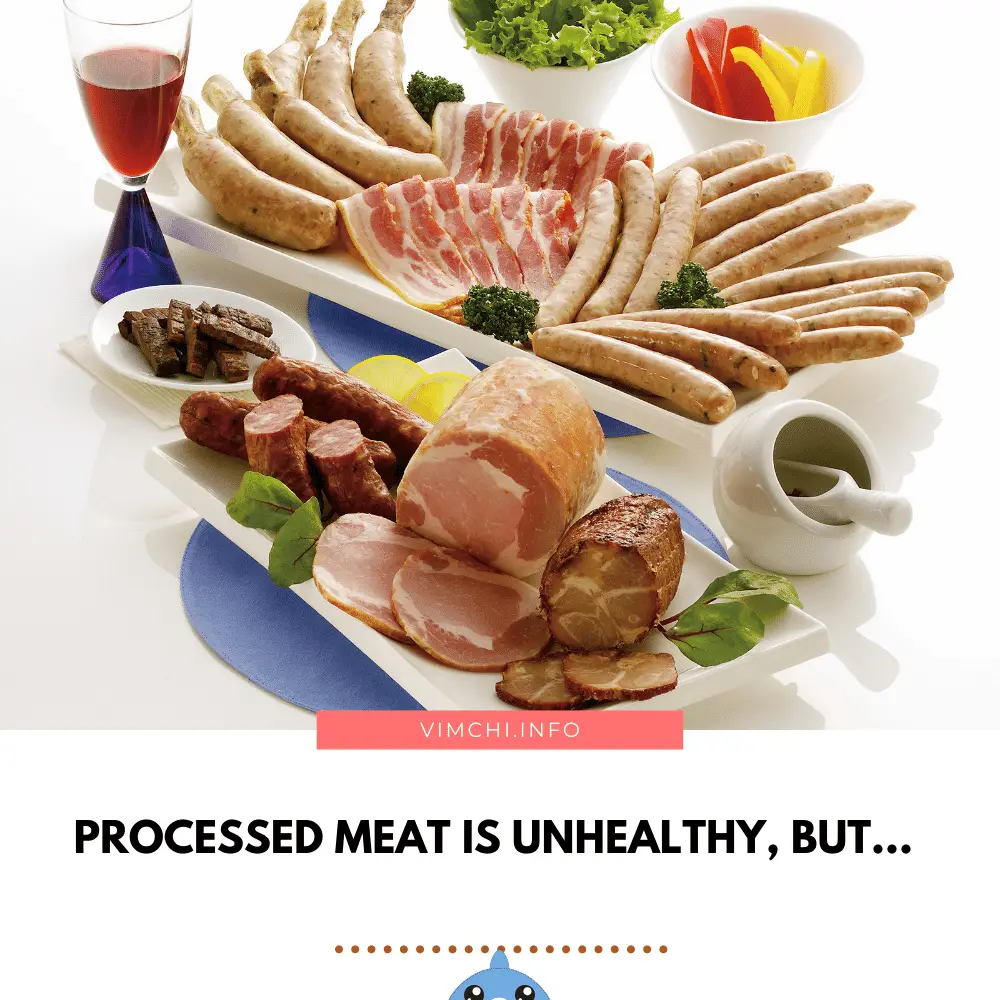The OMAD diet isn’t a new practice. Some Buddhists are eating only one meal a day. But they’re not practicing it to lose weight, though. It’s to clear their mind so they can focus on their prayers. But if you’re not a Buddhist, you might wonder how to lose weight by eating 1 meal a day.

When you follow the OMAD diet, you are restricting your calorie intake. That is, you are only allowed to eat a single meal.
Read: How Does One Meal a Day Work?
Its benefits are related to fasting and calorie restriction.
In a way, it can help you lose weight. But how?
How to Lose Weight Eating 1 Meal a Day?
OMAD diet is a type of intermittent fasting.
As mentioned, it involves eating just one meal a day and you fast for the rest of the day.
But some are eating one meal and having limited amounts of food during their fasting.
You can lose weight with the OMAD diet through a calorie deficit.
It can also help in reducing your risk of heart disease, decreasing blood sugar, and reducing inflammation.
Unfortunately, OMAD is an extreme method of IF.
Most of those who follow an OMAD diet consume dinner; others choose lunch or breakfast as their one meal.
Then again, some people allow a snack on top of their one meal.
But if you wish to go by the book, you should only eat one meal a day and no-calorie intake during your fasting window.
Now, how can you lose weight with the OMAD diet?
Read: Is OMAD Better Than ADF?

You need to create an energy deficit. You can increase the number of calories that your body burn or reduce your calorie intake.
Most would opt for calorie restriction because it always leads to fat loss.
The OMAD diet will lead to weight loss because you are taking in fewer calories than you normally would.
In this study, it showed that healthy adults experienced greater body fat loss when they restricted their calorie intake to 4 hours.
Some people who consumed up to 2 meals a day had an annual reduction in BMI compared to those who ate three meals a day.
Furthermore, people who fast for over 18 hours had decreased bodyweight, compared to those who are practicing shorter fasting windows.
But weight isn’t the only benefit of the OMAD diet.
May Reduce Blood Sugar

OMAD, a form of intermittent fasting, may help in reducing your blood sugar.
It may also reduce your risk of developing heart disease. It is linked to lower LDL cholesterol.
Furthermore, OMAD may reduce markers of inflammation, especially the C-reactive protein. It may also slow down neurodegeneration, thereby, promoting longevity.
But the OMAD diet isn’t for everyone. Some studies showed that OMAD may hamper your health.
One downside is that it can even make you gain weight.
Does Eating One Meal a Day Make You Gain Weight?
Indeed, you are eating only one meal a day.
But if the calories of that one meal are equivalent to eating 3 huge meals, then you won’t get its weight loss benefits.
One reason for this is that OMAD will give you a false impression that since you are only eating one meal a day, you will lose weight no matter what you eat.
However, weight loss doesn’t work that way.
If you wish to lose weight, you need to lower your calorie intake than your body needs.
For instance, if you only need 1,500 calories per day, you can lose weight if you lower your intake to, say, 1,200.
If your one meal’s overall calories are less than 1,500, then you’re likely to lose weight.
However, if the calories of your one meal are more than 1,500, then don’t expect to lose weight. Rather, you’re likely to gain weight, especially if you don’t exercise.
What Meal Can I Eat Everyday to Lose Weight on OMAD Diet?

You can eat whatever healthy foods that you want to eat when you’re on the OMAD diet.
For example, your one meal can look like one boiled egg, a small slice of avocado, spinach, and a piece of whole wheat bread.
You may also replace the boiled egg with salmon. It’s a fatty fish that’s incredibly healthy. Since it’s rich in healthy fats, it can help you feel full for many hours.
Salmon isn’t only packed with high-quality protein and healthy fats, but it’s also rich in iodine. This nutrient is vital in maintaining proper thyroid function.
And if your thyroid is functioning well, it can ensure that your metabolism runs optimally.
Furthermore, salmon is high in omega-3 fatty acids that are known to reduce inflammation.
In addition to spinach, you should also eat cruciferous vegetables, like cabbage, cauliflower, broccoli, and Brussels sprouts.
They’re not just high in fiber but they are also filling.
Plus, they have a decent amount of protein so you will feel full for longer.
Lean Meat

Salmon may be difficult to find for some people. If it’s challenging for you to find salmon, you can opt for lean beef and chicken breast.
Red meat has negative connotations to some as it is imputed for different health problems even if there’s no good evidence to back up those claims.
Indeed, processed meat is undoubtedly unhealthy. But unprocessed options won’t raise your risk of heart disease.
Unprocessed red meat is friendly to your weight loss goal. Thanks to its high protein content.
Protein will make you feel full for longer. Plus, it can make you burn up to 100 calories a day. But you still need to eat it in moderation.
When you up your protein intake, you can cut your cravings by up to 60%. In that case, you’re not likely to crave food during your fasting window.
Thus, during your eating window, don’t be afraid to eat fatty meats or choose lean meats.
What Happens When You Only Eat Once a Day?
When you eat once a day, you’re restricting your calorie intake.
It can lead to weight loss. However, it can lead to weight gain if your one meal consists of processed food that’s high in calories.
Conclusion
How to lose weight by eating 1 meal a day? You can lose weight on the OMAD diet if your overall calorie intake is less than what your body needs. If it’s higher than what your body can burn, then you are likely to gain weight.
If you wish to get started with OMAD, you might want to read this first: Rules to Follow When on OMAD
Speak Now ... Or Forever Hold Your Peace